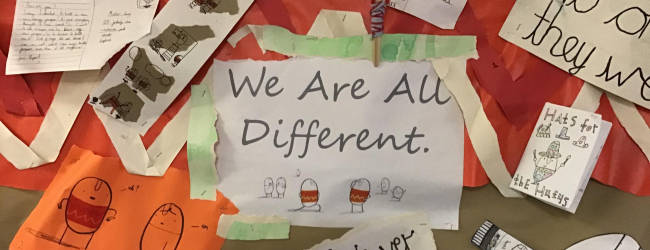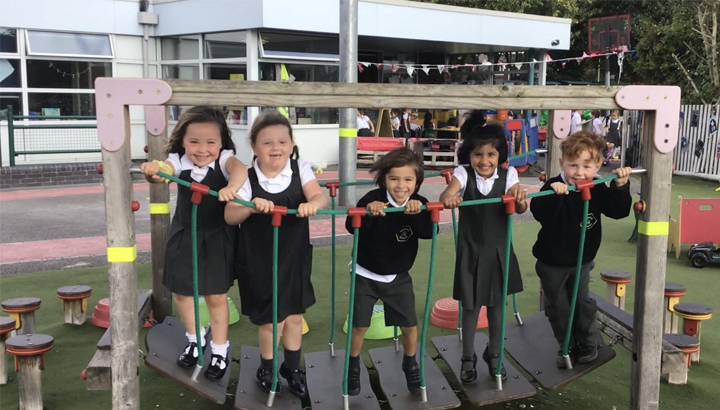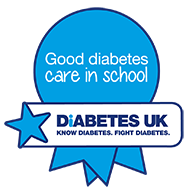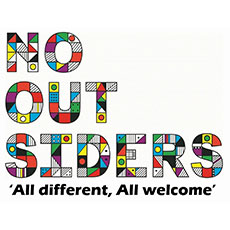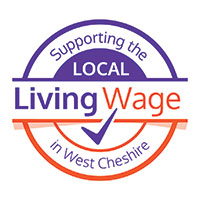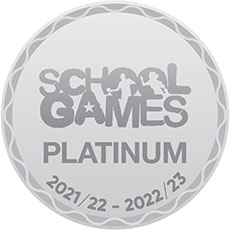RSHE
Relationships, Sex and Health Education
At Belgrave Primary School, we understand that pupils must be provided with an education that prepares them for the opportunities, responsibilities and experiences of adult life. A key part of this relates to relationships and health education, which must be delivered to every primary-aged pupil. Primary schools also have the option to decide whether pupils are taught sex education.
Relationships education focusses on giving pupils the knowledge they need to make informed decisions about their wellbeing, health and relationships, and to build their self-efficacy. Health education focusses on equipping pupils with the knowledge they need to make good decisions about their own health and wellbeing.
We understand our responsibility to deliver a high-quality, age-appropriate and evidence-based relationships, sex and health curriculum for all our pupils.
The delivery of the relationships education and health education coincide with one another and will be delivered as part of the school’s PSHE curriculum.
The relationships and health curriculum has been organised in line with the statutory requirements outlined in the DfE (2019) ‘Relationships, Education, Relationships and Sex Education (RSE) and Health Education’ guidance.
The school understands the important role parents play in enhancing their children’s understanding of relationships, sex and health.
The school plans a progressive curriculum, such that topics are built upon prior knowledge taught in previous years as they progress through school to provide a smooth transition to secondary school.
We combine No Outsiders (Equality and Diversity) with PSHE resources throughout the year. This includes the following areas such as; Empathy, Self-awareness, Motivation, Social Skills, and Managing Feelings.
Reception: To say what I think, to understand that it’s OK to like different things, to make friends with someone different, to understand that all families are different.
Year 1: To like the way I am, to play with boys and girls, to recognise that people are different ages, to understand that our bodies work in different ways, to understand that we share the world with lots of people.
Year 2: To understand what diversity is, to understand how we share the world, to understand what makes someone feel proud, to feel proud of being different, to be able to work with everyone in my class.
Year 3: To understand how difference can affect someone, to understand what discrimination means, to find a solution to a problem, to use strategies to help someone who feels different, to be welcoming.
Year 4: To know how to be assertive, to understand why some people chose to get married, to overcome language as a barrier, to ask questions, to be who you want to be.
Year 5: To learn from our past, to justify my actions, to recognise when someone needs help, to appreciate artistic freedom, to accept people who are different to me.
Year 6: To promote diversity, to stand up to discrimination, to challenge the cause of racism, to consider how my life may change as I grow up, to recognise my freedom.
Relationships education overview:
Families and people who care for me, Caring friendships, Respectful relationships Online relationships, Being safe
Health education overview:
Mental wellbeing, Internet safety and harms, Physical health and fitness, Healthy eating, Drugs alcohol and tobacco, Health and prevention, Basic first aid, Changing adolescent body
The No Outsiders resources support all aspects of our Health curriculum. We cover some of the aspects when we teach Science which is taken from the National Curriculum.
We also follow the Christopher Winter scheme of work for the following topic areas:
|
Year 1: Medicines and People Who Help Us |
Lesson 1: Staying Healthy Lesson 2: Medicines Lesson 3: Who gives us medicines? |
|
Year 2: Keeping Safe |
Lesson 1: Risk Lesson 2: Hazardous Substances Lesson 3: Safety Rules |
|
Year 3: Smoking |
Lesson 1: Why People Smoke Lesson 2: Physical Effects of Smoking Lesson 3: Smoking and Society |
|
Year 4: Alcohol |
Lesson 1: Effects of Alcohol Lesson 2: Alcohol and Risk Lesson 3: Limits to Drinking Alcohol |
|
Year 5: Legal and Illegal Drugs |
Lesson 1: Legal and illegal Drugs Lesson 2: Attitudes to Drugs Lesson 3: Peer Pressure |
|
Year 6: Preventing Early Use |
Lesson 1: Cannabis Lesson 2: VSA and Getting Help Lesson: 3 Help, Advice and Support |
All pupils must be taught the aspects of sex education outlined in the primary science curriculum – this includes teaching about the main external parts of the human body, how it changes as it grows from birth to old age, including puberty, and the reproductive process in some plants and animals.
The age and development of pupils is always considered when delivering sex education.
We follow The Christopher Winter Project scheme of work for the following topic areas:
Year 1: |
Lesson 1: Keeping Clean Lesson 2: Growing and Changing Lesson 3: Families and Care |
|
Year 2: |
Lesson 1: Differences Boys and Girls Lesson 2: Differences Males and Females Lesson 3: Naming the Body Parts |
|
Year 3: |
Lesson 1: Differences Males and Females Lesson 2: Personal Space Lesson 3: Family Differences |
|
Year 4: |
Lesson 1: Growing and Changing Lesson 2: Body Changes and Reproduction Lesson 3: What is Puberty? |
|
Year 5: |
Lesson 1: Talking about Puberty Lesson 2: Male and Female Changes Lesson 3: Puberty and Hygiene |
|
Year 6: |
Lesson 1: Puberty and Reproduction Lesson 2: Relationships and Reproduction Lesson: 3 Conception and Puberty |
Relationships and health education are statutory at primary and parents do not have the right to withdraw their child from the subjects.
As sex education is not statutory at primary level (other than what must be taught as part of the science curriculum), parents have the right to request to withdraw their child from all or part of the sex education curriculum.
Relationships, sex and health education will be linked to the following subjects in particular:
- Science – pupils learn about the main external parts of the body and changes to the body as it grows from birth to old age, including puberty.
- Computing and ICT – pupils learn about e-safety, including how to use technology safely, responsibly, respectfully and securely, how to keep personal information private and how to access help and support.
- PE – pupils explore various physical activities, are physically active for sustained periods of time, engage in competitive sport and understand how exercise can lead to healthier lifestyles.
- Citizenship – pupils learn about the requirements of the law, their responsibilities and the possible consequences of their actions.
- PSHE – pupils learn about respect and difference, values and characteristics of individuals.
Teaching of the curriculum reflects requirements set out in law, particularly the Equality Act 2010, so that pupils understand what the law does and does not allow, and the wider legal implications of the decisions they make.
The school understands its responsibilities in relation to the Equality Act 2010, specifically that it must not unlawfully discriminate against any pupil because of their:
- Age
- Sex or sexual orientation
- Race
- Disability
- Religion or belief
- Gender reassignment
- Pregnancy or maternity
- Marriage or civil partnership
The school is committed to making reasonable adjustments wherever possible to promote accessibility and inclusivity of the curriculum.

We use the fantastic 'No Outsiders' programme to deliver the Equalities Act in school. The focus of the programme is noticing, celebrating, and developing resilience around difference. It celebrates diversity, encourages respect and promotes equality.
The programme uses 35 picture books with children from reception to year 6 which cover all equalities and reflect the protected characteristics set out in the Equality Act. The books are age appropriate and have clear progression set out in the lesson plans which accompany the books. Each year group has specific No Outsiders texts which appear on out curriculum grids. Parents have been invited to share the resources and see how great the books are.
Each week we have a No Outsiders Assembly to reflect on the characteristics of the Equality Act.

We use the fantastic 'No Outsiders' programme to deliver the Equalities Act in school. The focus of the programme is noticing, celebrating, and developing resilience around difference. It celebrates diversity, encourages respect and promotes equality.
The programme uses 35 picture books with children from reception to year 6 which cover all equalities and reflect the protected characteristics set out in the Equality Act. The books are age appropriate and have clear progression set out in the lesson plans which accompany the books. It forms part of our PSHE and Literacy teaching and is not part of our SRE curriculum.
Each year group has specific No Outsiders texts which appear on out curriculum grids.
Click on the links below to read the current documentation from the Department of Education about Relationships, sex, health and education.
Relationships Education for Primary Schools
